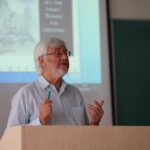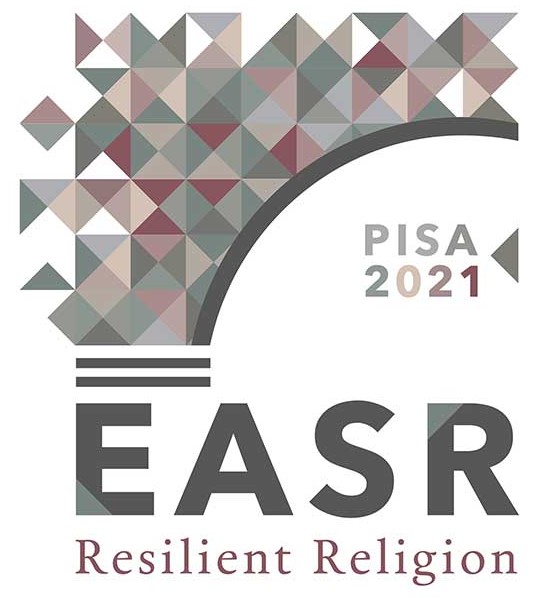
Johannes Bronkhorst
After initial studies of Physics and Mathematics (B.Sc., Amsterdam 1968), Johannes Bronkhorst took up the study of Sanskrit and Pali at the University of Rajasthan (Jaipur, India), then at the University of Pune (India). In Pune he obtained an M.A. in 1976 and a Ph.D. in 1979. He obtained a second doctorate from the University of Leiden in 1980. In 1987 he was appointed full professor of Sanskrit & Indian Studies at the University of Lausanne, where he stayed until his retirement in 2011. He has published more than 200 research papers and close to 20 books. Some of his recent books are: Greater Magadha (Leiden 2007), Aux origines de la philosophie indienne (2008), Buddhist Teaching in India (Boston 2009), Language and Reality (Leiden 2011), Buddhism in the Shadow of Brahmanism (Leiden 2011), Karma (Honolulu 2011), Absorption (Paris 2012), How the Brahmins Won (Leiden 2016), A Śabda Reader: Language in Classical Indian Thought (New York 2019).
The resilience of religion
Religion is resilient. Abolishing religion appears to be virtually impossible. It is true that certain religions have replaced other religions in the course of history. Christianity replaced other religions in the Roman Empire. Islam replaced other religions (among them Christianity) a few centuries later. But attempts to replace religion tout court have always faced resistance. Marxist regimes tried, but their success was limited. The resilience of individual religions may have its limits; the resilience of religion as such, it would seem, is much greater. Individuals try to be non-religious. There are many of those in the present Age of Atheists, but religion always seems to pop up in one form or another. Something in us makes us susceptible to the practices and beliefs we commonly associate with religion. The present lecture will explore what that could be and propose an answer.
